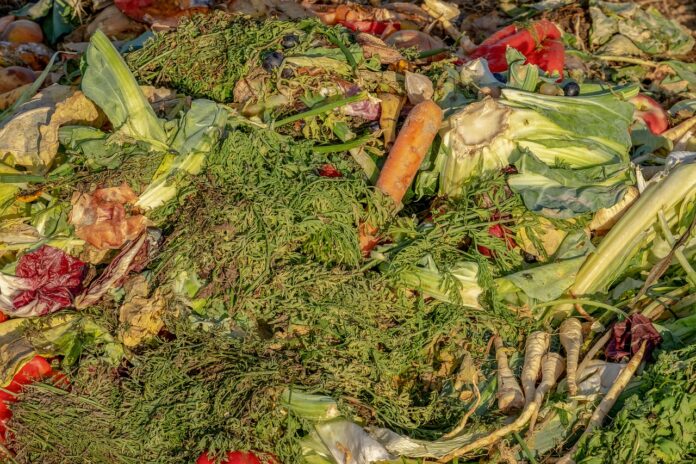The UK is in an overconsumption crisis, with an estimated 9.5 million tonnes of food waste being thrown away each year.
Large corporations have a hand in the current crisis but, we can all help to reduce food waste within our homes. Replacing everyday habits with eco-conscious alternatives to use up leftovers is the first step in overcoming the issue.
Rachael Kiss from Alliance Online, who supply to the UK’s hospitality industry, has shared preventable tips you can take to limit food wastage. She commented:
“Food inflation has forced shopping patterns to shift – Brits are now spending £41.11 per person on food on a weekly basis, and we expect this to increase. Now more than ever, finding ways to use the foods we already have can help overspending and reduce unnecessary food waste. Thankfully there are multiple ways you can use up your leftovers so they have a purpose beyond just our dinner plates.”
-
Composting
“Composting leftovers is a great way to combat the guilt we feel when we let our food go to waste and provides a nutrient-rich soil in your garden. Many meals result in an abundance of leftover fruit and vegetables that are perfect for composting.
Gather all of your unwanted fruit and vegetables, whether this be peels or half eaten foods, and submerge them into your soil. It’s important that the unwanted foods are shredded and cut into small pieces so that it speeds up the composting process and make sure to regularly turn the compost to aerate it. However, avoid adding any meat, fish, bones or dairy products, as these can attract rats and cause unpleasant odours.”
-
Freezing
“The oldest trick in the book for minimising leftovers is freezing, and for good reason. Freezing helps slow down the growth of bacteria on food that, if left at room temperature, can cause it to become spoiled. Use good quality portion-sized containers so they can be re-used later down the line. Thankfully, you can freeze most foods except vegetables with a high water content, like broccoli or cabbage, and pies and baked goods, as they can become watery.”
-
Regrow herbs
“Having a surplus of herbs you no longer tend to reach for is inevitable, but regrowing them and extending their life for future meals in the new year is a good way to use them up. Most herbs are perfect for regrowing, just make sure that they are healthy and have non-flowering stems. Place your chosen herbs in a glass of water and place it on your windowsill, but make sure to change the water regularly to encourage growth. Doing this will ensure your herbs have longevity and you don’t have to worry about rebuying them.”
-
Fruit infused water
“If you have leftover fruit, why not try making fruit infused water? Gather your chosen fruits and peels and keep them refrigerated or frozen. When you’re ready to make some fruit infused water, use your leftover fruits and serve with ice cubes. What’s better, keep track of which fruits are in season so that you can make sure your fruit-infused water tastes the best it can!”
-
If in doubt, make soup!
“Leftover vegetables are ideal for making soup – it really is the perfect pick-me-up! In particular, roasted potatoes, parsnips, carrots or onions carry a depth of flavour and the caramelisation adds a richness that enhances the entire flavour of the soup. Apart from your vegetables, the only added ingredient to make the soup is your chosen stock, water and any additional seasonings. You can even use leftover bones from a roast chicken to make a homemade broth. Freeze your soup in a strong container if you’re wanting to save it for a later date – just make sure to freeze it for no longer than three months so that the quality of the soup doesn’t deteriorate. “
In a bid to tackle food overconsumption, Alliance Online have released these tips to encourage Brits on ways they can use up their leftovers. Check out their range of cooking equipment here.
Help keep news FREE for our readers
Supporting your local community newspaper/online news outlet is crucial now more than ever. If you believe in independent journalism, then consider making a valuable contribution by making a one-time or monthly donation. We operate in rural areas where providing unbiased news can be challenging. Read More About Supporting The West Wales Chronicle























